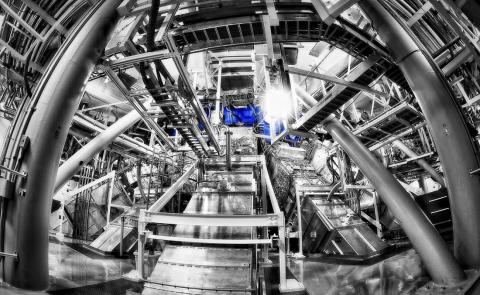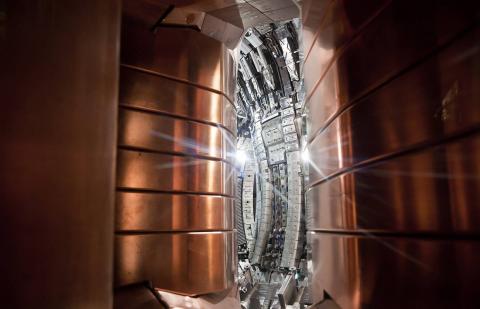On 8 June, MEPs approved a ban on the sale of vehicles with emissions of more than 0 grams of CO2 per kilometre from 2035 in Europe. Furthermore, they decided not to include a voluntary Accreditation Scheme for renewable fuels in the CO2 Emission Standards for Cars and Vans. This is a major setback for climate protection, technological openness and individual mobility for all consumers. Instead of allowing a mix of technologies and using e-fuels in combustion engines to immediately address the decarbonisation of transport, even without new electric vehicles, the Parliament opts for a unilateral electrification strategy.
With this decision, the Parliament chooses a winning technology without giving priority to meeting climate targets as quickly as possible, and bypassing the free choice of consumers. If the electric vehicle is clearly the ideal technology, why ban the rest? It should be the clear winner on its own.
The concept of "zero-emission vehicle" does not exist, although it has been a recurrent propaganda device. Current regulations do not serve to define a given technology as "zero emission". Current legislation only quantifies the gases emitted by vehicles through the tailpipe. This puts the electric vehicle at a clear advantage over any other technology that makes use of thermal energy, as the former does not even have one. However, how should one quantify which 100% electric technology is "cleaner" than another? The answer to this question can only be answered by looking at the life cycle of the product from manufacturing to recycling. We have failed to evolve the way we determine the climate impact of vehicles. We have not been able to look beyond the tailpipe when the electric vehicle does not even have one.
Electrification is key to the decarbonisation of the transport sector. There is no doubt about it. However, an adaptation time is needed for this - is 13 years enough? The current European charging infrastructure needs to grow 15 to 20 times in number. Charging times are still long, requiring 2 minutes per kilometre of range with an average 7 kW charger. In addition, a 13% increase in energy production is required, and a 3 to 5-fold increase in clean production. Short-term solutions are therefore needed, taking advantage of the state of the art in heat engine technologies. The decision taken by Parliament does not help this transition, where the development of clean combustion technologies, such as hybrid or hydrogen combustion-based propulsion systems, are relegated to the back burner. 13 years is not enough time for all the development required for a full electrification of road transport.
The Parliament's decision leaves Europe in a totally dependent position. Europe seems to want to be the pioneer in the implementation of electric vehicles, without possessing either the raw materials or the industry for processing and recycling them. Unlike oil and gas, Europe will essentially depend on a single continent, Asia.
To accelerate the transition to carbon neutral transport, ideally there should be no single winning technology, but the technological future should be eclectic. We have a global CO2 problem and without the integration of hybrid electric vehicles (HEVs), plug-in hybrids (PHEVs), 100% electric vehicles (BEVs), fuel cells, e-fuels, H2... it will be impossible to reach the emission reduction targets set for 2050.




